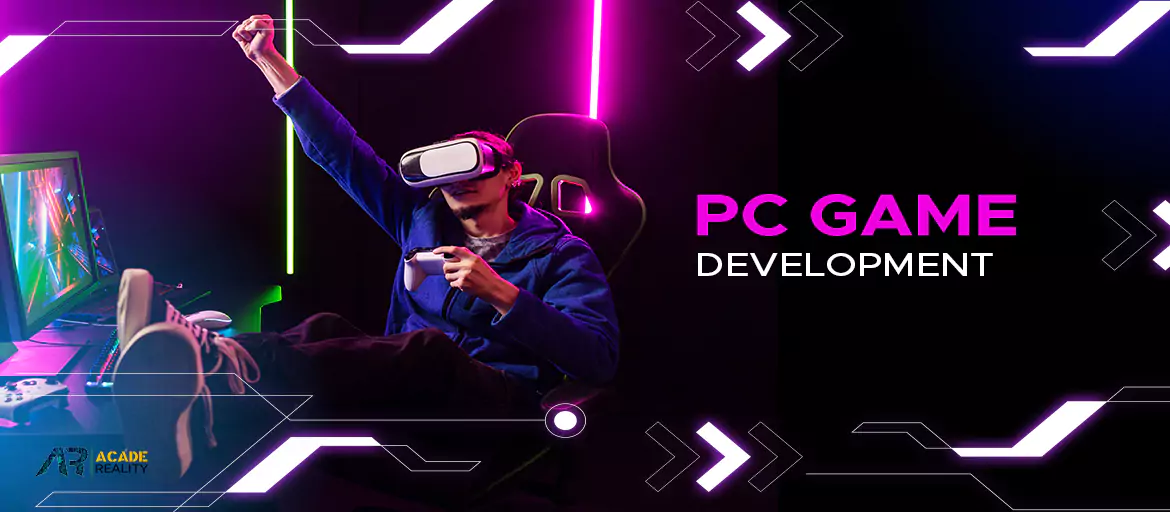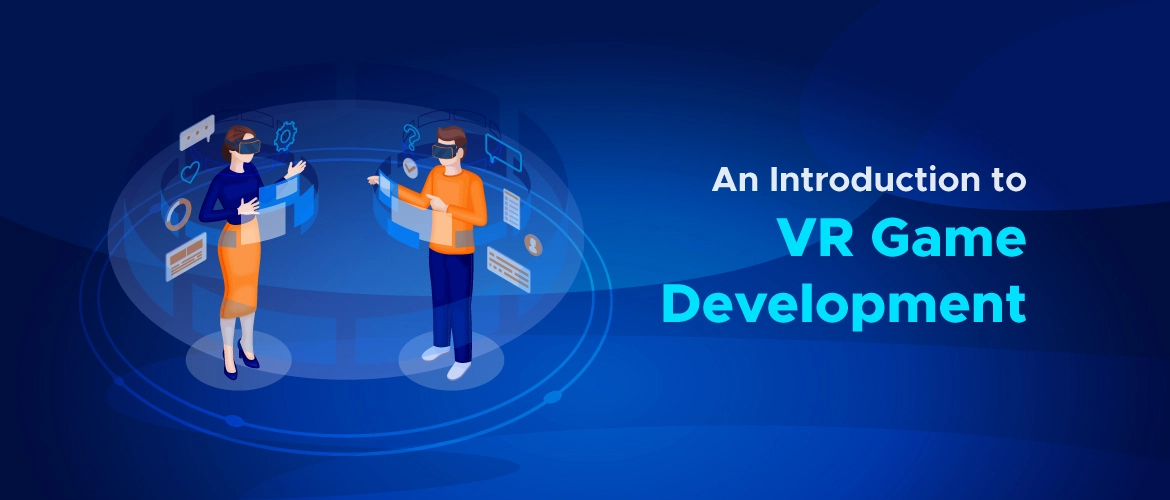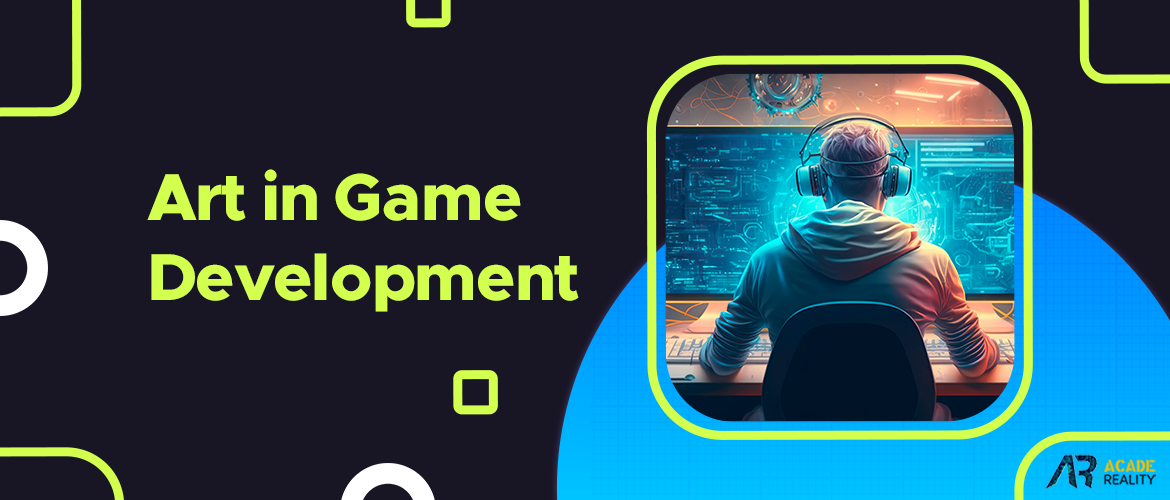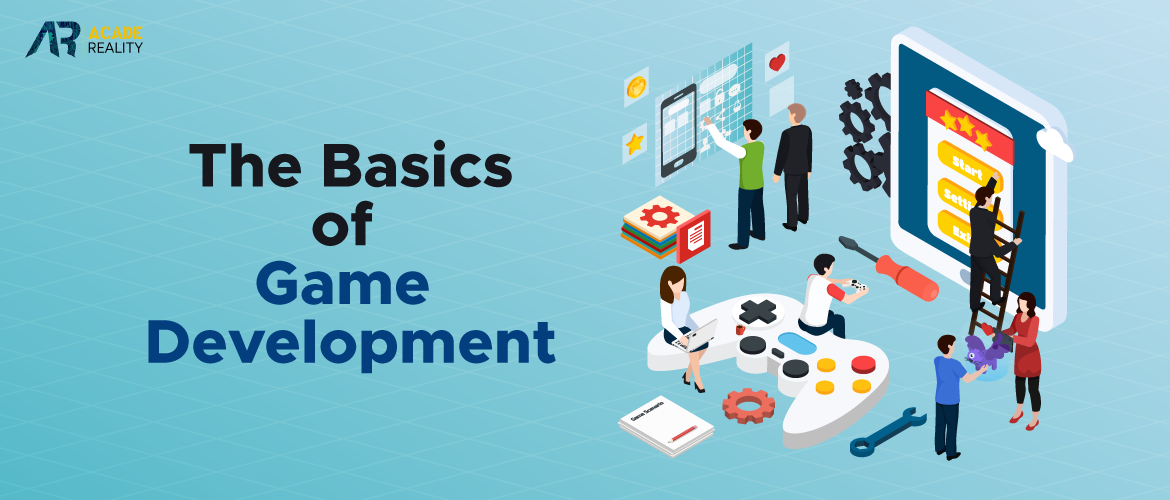How Difficult is to Develop an Android Game?
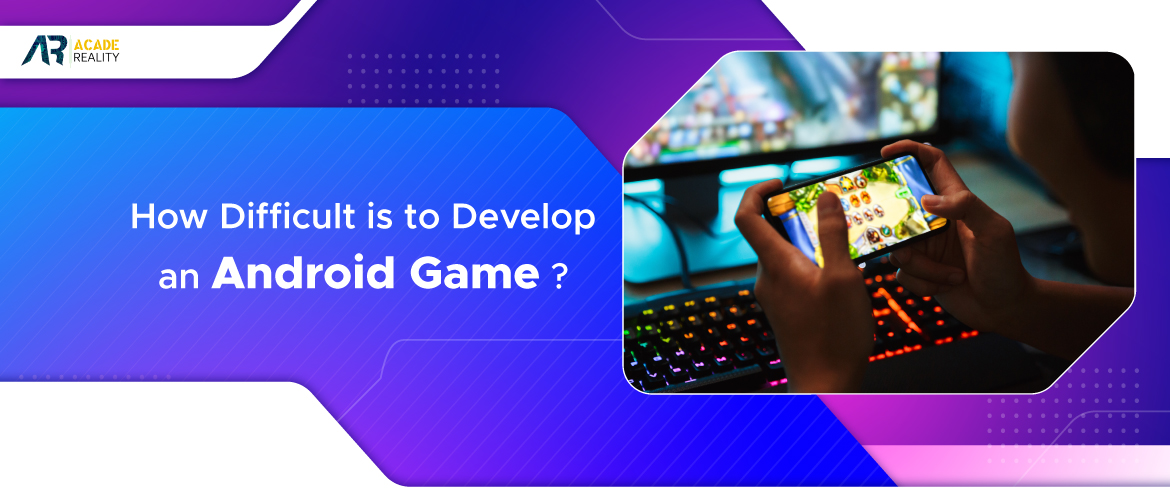
Android game development has become a thriving industry, driven by the widespread adoption of smartphones and tablets. The allure of creating games for Android lies not only in the massive user base but also in the potential for creative expression and financial success. However, it's important to recognize that building an Android game can be a formidable undertaking, requiring a combination of technical skills, creativity, and a deep understanding of the gaming market.
We will delve into the question of how difficult it is to develop an Android game, the intricacies of creating Android games, explore the appeal of Android game development, understand the basics, address challenges in game design, provide insights into the development process, and discussing the regulations and risks associated with Android game development.
Developing an Android game can be a challenging endeavor that demands a unique blend of creativity and technical proficiency. The difficulty level varies depending on the complexity of the game, the developer's experience, and the resources at hand. Learning the intricacies of game engines, and programming languages, and optimizing for diverse Android devices can be time-consuming.
Additionally, designing a game that not only engages players but also stands out in a highly competitive market is no small feat. However, with determination, a solid understanding of the fundamentals, and a passion for gaming, the difficulties can be overcome, leading to the satisfaction of seeing your Android game come to life.
The Appeal of Android Game Development
The appeal of Android game development lies in its vast user base and the potential for high revenue generation. With millions of Android devices in the market, developers have a wide audience to target and monetize their games. Additionally, the flexibility of the Android platform allows for creative and innovative game designs, providing developers with endless possibilities for creating unique gaming experiences.
- Android Game Making: A Profitable Opportunity - One of the primary appeals of Android game development is the lucrative nature of the industry. With millions of Android users worldwide, the potential for your game to reach a broad audience is substantial.
- Creative Freedom: Developing an Android game allows for unparalleled creative freedom. Game designers and developers have the chance to bring their visions to life, creating immersive experiences that resonate with players. Whether you want to build a casual puzzle game or a complex multiplayer adventure, the Android platform provides a canvas for innovation.
- Diverse Gaming Landscape: The Android ecosystem offers a diverse gaming landscape. From casual games that people play during short breaks to intricate RPGs that captivate players for hours on end, there's room for all types of games. This diversity means that developers can explore various genres and gameplay styles, catering to different tastes and preferences.
Understanding the Basics
Before diving headfirst into Android game development, it's crucial to grasp the fundamental components of the process.
1. Game Engines
Game engines serve as the foundation of Android game development. These software frameworks provide essential tools and libraries to simplify game creation. Unity, Unreal Engine, and Godot are some of the well-known game engines for Android. Choosing the right engine depends on your project's requirements and your familiarity with the engine's capabilities.
2. Programming Languages
Android game developers typically use programming languages like Java and Kotlin. Java has been a go-to choice for Android app development, while Kotlin has gained popularity for its concise and expressive syntax. Familiarity with these languages is essential for coding the game's logic and mechanics.
3. Integrated Development Environments (IDEs)
Android Studio is the official integrated development environment for Android app and game development. It offers a robust set of tools for coding, debugging, and testing your game. Familiarizing yourself with Android Studio is a crucial step in the development process.
4. Solid Concept and Game Design
Before writing a single line of code, it's imperative to have a well-defined concept and game design in place. This includes creating detailed game mechanics, character designs, level layouts, and a captivating storyline. A clear vision ensures that your development process remains focused and productive.
What is Android Game Development Services
Android game development services refer to the professional services offered by software development companies or individual developers to create, design, develop, test, and deploy video games specifically for the Android operating system.
It encompasses a wide range of activities and expertise required to build engaging and interactive games for Android devices, such as smartphones, tablets, and smart TVs.
Here are some key aspects of Android game development services:
1. Conceptualization
Android game developers work closely with clients to understand their game concept, target audience, and objectives. They help refine ideas into a concrete game design document, outlining gameplay mechanics, characters, levels, and visual styles.
2. Game Design
Game designers create the overall structure and rules of the game. They define gameplay mechanics, user interfaces, and game progression. Designers also consider factors like user engagement, monetization strategies, and in-game purchases.
3. Graphics and Animation
Graphic designers and animators are responsible for creating the visual elements of the game, including characters, backgrounds, objects, and animations. They ensure that the game has an appealing and consistent visual style.
4. Programming
Android game developers write the code that makes the game function. They use programming languages like Java or C# and game engines like Unity or Unreal Engine to implement gameplay features, physics, controls, and user interfaces.
5. Testing and Quality Assurance
Quality assurance (QA) testers rigorously test the game to identify and resolve bugs, glitches, and performance issues. They also ensure that the game runs smoothly on a variety of Android devices with different specifications.
Challenges in Game Design
Android game development presents several challenges, and understanding them is vital for success.
- Device Fragmentation: The Android ecosystem encompasses a vast array of devices with varying screen sizes, resolutions, and hardware capabilities. This fragmentation can make optimizing your game for different devices a complex task. Testing on a variety of devices is essential to ensure a smooth user experience.
- Monetization Strategy: Choosing the right monetization strategy can be tricky. Options include in-app purchases, ads, premium pricing, or a combination of these. Careful consideration of your target audience and the nature of your game is necessary to determine the most suitable monetization approach.
- Competition: The Google Play Store is flooded with games, making it challenging to stand out. Effective marketing and promotion strategies are essential to gain visibility and attract players to your game.
How to Develop an Android Game
Now that we've covered the basics and challenges, let's outline the steps involved in developing an Android game.
1. Idea Generation
Start by brainstorming game concepts. Think about what makes your game interesting and distinct. Research the market to identify trends and gaps that your game can fill.
2. Conceptualization and Design
Once you have a solid idea, create a detailed game design document. This document should outline the game's mechanics, characters, levels, and storyline. It serves as a blueprint for your game's development.
3. Game Development
Using your chosen game engine and programming language, begin developing your game. Implement the game mechanics, create assets, and design levels. Regular testing and debugging are essential throughout this phase.
4. Monetization Strategy
Determine how you will monetize your game. Implement in-app purchases, ads, or other revenue-generating features as needed.
5. Testing
Thoroughly test your game on various devices to ensure compatibility and identify and fix any bugs or performance issues.
6. Optimization
Optimize your game for performance, ensuring it runs smoothly on a wide range of devices. This may involve optimizing graphics, reducing memory usage, and enhancing loading times.
7. Publishing
Prepare your game for release on the Google Play Store. Create marketing materials, such as screenshots and compelling descriptions. Carefully follow the submission guidelines and policies set by Google.
8. Marketing and Promotion
Promote your game through social media, influencers, and advertising campaigns. Building anticipation and excitement around your game can significantly impact its success.
9. Post-Launch Support
Continuously update and improve your game based on user feedback. Respond to bug reports and user reviews promptly.
Regulations and Risks of Developing an Android Game
Regulations
When developing an Android game, you must adhere to Google Play Store's policies and guidelines. Violations of these rules can result in your game being removed from the platform. Ensure that your game complies with content restrictions, privacy policies, and copyright laws.
Risks
Android game development involves inherent risks, including financial investments, market competition, and the potential for your game not to gain traction. It's essential to carefully plan your budget, monitor your expenses, and be prepared for both success and setbacks.
Conclusion
Android game development is a challenging yet rewarding endeavor that offers numerous opportunities for creative expression and financial success. Understanding the basics, addressing game design challenges, and following a well-structured development process are key to achieving success in this competitive industry.
Whether you're an indie developer or seeking the assistance of game development services, a solid concept, and a commitment to delivering an exceptional gaming experience can set you on the path to creating popular and engaging Android games.
Just remember that success in Android game development often requires a combination of technical expertise, creativity, and effective marketing strategies. So, hold the challenge, stay committed to your vision, and you may find yourself with a hit Android game that captures the hearts of players worldwide.
You Might Like
